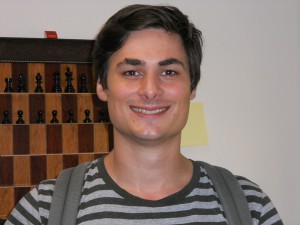Several studies have shown that at standard fMRI resolution, expertise with objects can engage the fusiform face selective areas. We are conducting work with high resolution fMRI to explore what is changing at a finer spatial scale when people acquire expertise with objects.
We are also using ultra-high resolution imaging to follow-up on our findings that cortical thickness in the fusiform face area can predict both face and object recognition ability, although in different directions. We are exploring the possibility that this reflects different age of acquisition for these different skills, resulting in individual differences reflected in different layers of the cortex, because of the action of different plasticity mechanisms (e.g., pruning vs. synaptogenesis and angiogenesis).



